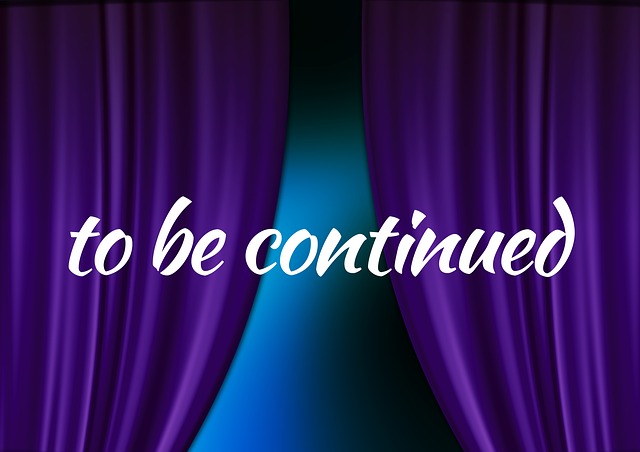Past continuous tense

The Past Continuous
The past continuous (or past progressive) is used for long actions that were already happening at a certain time or when another shorter action happened. The shorter action or time happens in the middle (or at the end) of the longer action. It is formed by using was or were and the present participle (-ing). The shorter-action verb is in the simple past.
Examples:
At eight o’clock last night, she was studying in her bedroom.
(Studying is the long action; eight o’clock is a time in the middle of that action.)
They were swimming in the lake when it started to rain.
(Swimming is the long action; started is the short action in the middle.)
We were having dinner when someone knocked on the door.
(Having dinner is the long action; knocked is the short action in the middle.)
Were you sleeping when the earthquake happened?
(Sleeping is the long action; happened is the short action in the middle.)
When the verb go is used in the past continuous, it means that the action was planned but never happened.
Examples:
I was going to wash the car this weekend, but I was too busy
It was going to be a surprise birthday party, but she found out about it.
We were going to invite you, but you got sick and had to stay home.
When used with always, the past continuous means that the person did the action again and again.
Examples:
My mother was always reading a book.
The boys were always leaving their dirty clothes on the floor.
Her sister was always borrowing her clothes.
My best friend was always doing something crazy.
When making a request or an invitation with wondering, you can also use the past continuous.
Examples:
We were wondering if you’d help us with our applications. (request)
I was wondering if you’d like to come to a party with me this Saturday night. (invitation)
A good way to understand the past continuous and how it is different from the simple past is to look at one verb used in both tenses. Notice that when the verb is used in the simple past, there is only one action. The action can be long but nothing else happens in the middle or end of it
Examples:
We ate dinner at six o’clock last night.
We were eating dinner when the phone rang.
They lived in Abbottsford five years.
They were living in Abbottsford, when their car broke down.
I studied all night long.
I was studying when I fell asleep.
She had a big party at her parents’ house.
She was having a big party at her parents’ house when someone started a fire.
The use of: when, while, and as.
Use while and as before the past continuous, not the simple past.
Examples:
While his brother was trying to study, John started to play the piano.
As we were getting ready to leave, the police arrived at the door.
Peter washed the car while his wife was making dinner.
I saw a beautiful rainbow as I was walking to work this morning.
Use when before the past continuous or the simple past.
Examples:
When I saw the accident, I was walking home.
I saw the accident when I was walking home.
When she entered the classroom, the teacher was already teaching.
She entered the classroom when the teacher was already teaching.
Sometimes 2 long actions can happen at the same time. When this happens, use the past continuous for both actions.
Examples:
Her husband was polishing the car while she was doing the dishes.
As his brother was driving the car, he was surfing the Internet on his laptop.
Notice in the above examples, there is a comma ( , ) after adverb clauses (starting with when, while, and as) if they are at the beginning of a sentence but no comma if they are at the end.
If actions are in sequence (1st action, then 2nd action, then 3rd action), then use the simple past only.
Examples:
I got up, made myself some breakfast and sat outside to eat it.
She finished the dishes, watered the plants, and vacuumed the living room carpet.
Because there is usually something else that happens during a long action (the past continuous), verbs that are used this way have to be verbs that take time to happen. In other words, only long verbs can be used in the past continuous. Therefore, verbs like drop, stop, begin, start, finish, and end are usually not in the past continuous because they take no time. They are very fast and short.
Examples:
She began to read the letter from her grandmother.
They dropped me off early at the airport.
We stopped to have coffee on our way home.
There are also some verbs that are not used in the past continuous tense (or any other continuous tense) because they are non-action verbs. In other words, because there’s no action, the following verbs cannot be used in the past continuous:
be believe belong exist forget hate
have* hear know like love need
own possess prefer remember see understand want
* when “have” means “possess,” not when “have” means “experience.”
Examples:
My parents had three children, two boys and a girl. (possessed)
(We were having a wonderful time at the party.) (were experiencing)
I didn’t understand her strong accent.
Do you believe he’ll graduate in three years?
He knows she is not coming over.
Your Score:
Your Ranking:
© 2013 Ambien Malecot
